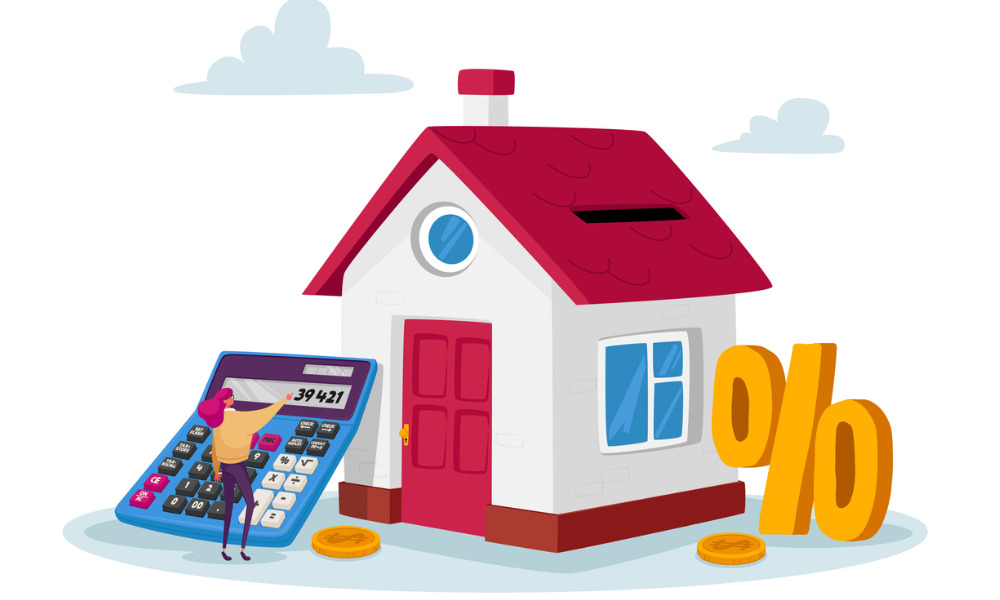What do these figures indicate?

The average price of a UK home increased by 0.9% to £259,423 in October from £257,808 in September, the Nationwide Building Society has reported.
While house prices remain lower than last year, the annual rate of house price growth improved to a less negative -3.3% last month from -5.3% in September.
“October saw a 0.9% rise in UK house prices, after taking account of seasonal effects,” Robert Gardner, chief economist at Nationwide Building Society, commented on the figures in the latest Nationwide House Price Index. “Nevertheless, housing market activity has remained extremely weak, with just 43,300 mortgages approved for house purchase in September, around 30% below the monthly average prevailing in 2019.
“This is not surprising as affordability remains stretched. Market interest rates, which underpin mortgage pricing, have moderated somewhat, but they are still well above the lows prevailing in 2021.”
Gardner added that the uptick in house prices in October most likely indicated that the supply of properties on the market is constrained.
“There is little sign of forced selling, which would exert downward pressure on prices, as labour market conditions are solid and mortgage arrears are at historically low levels,” he said.
“Activity and house prices are likely to remain subdued in the coming quarters. Despite signs that cost-of-living pressures are easing, with the rate of inflation now running below the rate of average earnings growth, consumer confidence remains weak and surveyors continue to report subdued levels of new buyer enquiries.”
Gardner also suggested that borrowing costs are unlikely to return to the historic lows seen in the aftermath of the pandemic with the Bank of England rate not expected to decline significantly in the years ahead.
“It appears likely that a combination of solid income growth, together with modestly lower house prices and mortgage rates, will gradually improve affordability over time, with housing market activity remaining fairly subdued in the interim.”
For James Briggs, head of intermediary sales at specialist lender Together, the slight rise in house prices may not be enough to ward off predictions that house prices won’t recover until 2025, largely due to higher borrowing costs causing a slowdown in house sales.
“Looking ahead to the next year, we expect to see the overall housing market heavily influenced by the exit of more amateur buy-to-let landlords, as they consider whether lower yields against higher mortgage costs are worth the time, upkeep, and potential repair costs on a reduced margin,” Briggs stated.
Nicky Stevenson, managing director at estate agent group Fine & Country, said the recovery in house prices in October was boosted by a pause in interest rates in September.
“The Bank of England’s surprising decision to hold off on a rate hike in September was a relief for hesitant buyers, who were waiting for economic stability before committing to a purchase,” she explained. “All eyes will be on tomorrow’s announcement to see if the pause was a fleeting respite.
“If we see another pause in rate rises tomorrow, it should provide an extra boost to autumn sales, as sellers recognise this as a prime listing opportunity.”
Want to be regularly updated with mortgage news and features? Get exclusive interviews, breaking news, and industry events in your inbox – subscribe to our FREE daily newsletter. You can also follow us on Facebook, Twitter, and LinkedIn.



